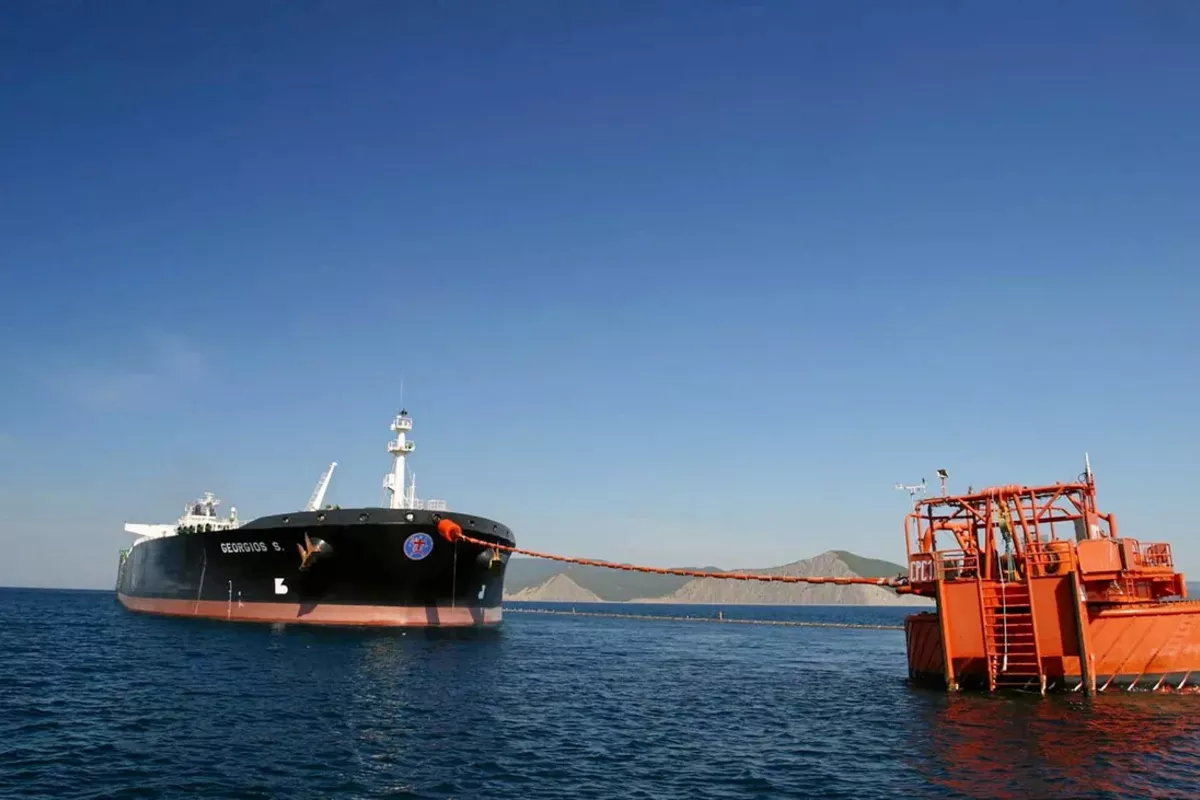
Kazakhstan has temporarily suspended oil exports through the Black Sea ports of Novorossiysk and Yuzhnaya Ozerovka due to newly implemented Russian regulations.
The rules, which took effect on July 21, require foreign vessels entering Russian ports to receive prior approval from the Federal Security Service (FSB) and the port captain, The Caspian Post reports citing foreign media.
Strategic Ports, Vulnerable Logistics
According to Reuters, the new clearance procedures have effectively blocked shipments of Kazakh crude transported through the Caspian Pipeline Consortium (CPC) system. The disruption could reduce global oil supply by more than 2% (source).
Over 80% of Kazakhstan’s oil exports are shipped through terminals in Novorossiysk and Yuzhnaya Ozerovka. The primary export product is CPC Blend, produced by major Kazakh oil firms, including ventures with significant American corporate participation.
The decree by President Vladimir Putin, issued earlier this month, was introduced amid rising maritime threats. In 2025 alone, five tanker explosions have occurred in the region. One of the most serious incidents involved the tanker Koala, which was damaged in February while docked in the Russian port of Ust-Luga.
Despite suspicions, none of the targeted tankers were carrying Russian crude sold above the G7 price cap. Tracking data revealed that each vessel had visited ports used for Kazakh oil exports, which are not subject to Western sanctions, according to the Financial Times.
The CPC had planned to export 6.5 million tons of CPC Blend in August, maintaining the July level. Of that, 2.2 million tons were shipped via Novorossiysk.
Mounting Risks, Limited Alternatives
The security of Kazakhstan’s energy infrastructure is further threatened by ongoing regional instability. In February, seven Ukrainian drones attacked the CPC’s Krokotinskaya oil pumping station. While there were fears of a 30% drop in throughput, Kazakhstan’s Ministry of Energy denied any disruption, stating that “oil is being received according to schedule”.
Financial analyst Rasul Rysmambetov, writing on his Telegram channel ArtFinanze, urged restraint but acknowledged the seriousness of the situation: “If attacks on infrastructure continue, it will become increasingly difficult to protect the underwater pipeline system.”
He also warned that the involvement of Western firms such as Chevron may not deter further risks: “Contrary to popular belief, the participation of companies such as Chevron will not stop anyone. On the contrary, such infrastructure can be used to put pressure on entire countries”.
Currently, nearly all of Kazakhstan’s oil exports transit Russian territory. The CPC handles 80%, while another 13% flows through the Atyrau-Samara pipeline, connected to Russia’s Transneft system. The remaining 7% is routed via the Kazakhstan, China pipeline, the Baku-Tbilisi-Ceyhan (BTC) pipeline, and railways.
Even if capacity on the BTC route is expanded to 3 million tons annually, it would barely compensate for the over 60 million tons currently exported through the CPC system.
Despite frequent official calls for diversification since 2022, Kazakhstan’s oil export infrastructure remains acutely vulnerable, highly dependent on transit decisions made by foreign governments.
Share on social media